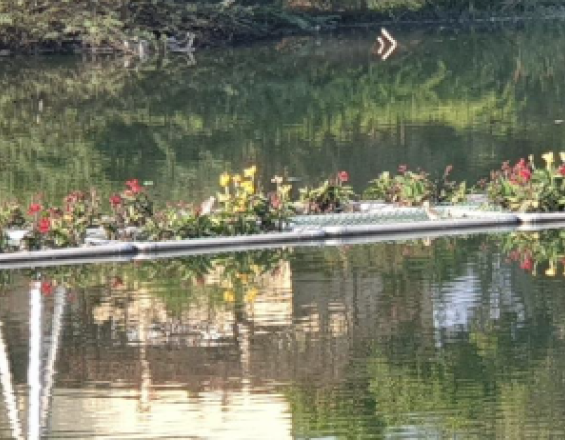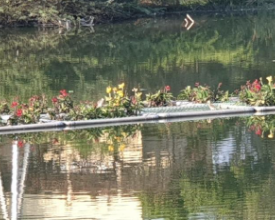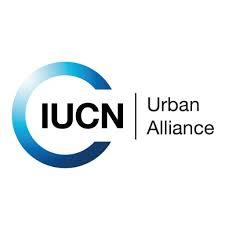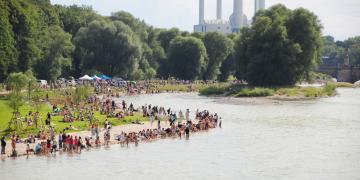
Researching the role of floating wetlands in improving water quality and local livelihoods in Hyderabad

Earthwatch India has conducted research across three cities in India to address knowledge gaps in the management of urban lakes, wetlands and green spaces. The research informs how these ecosystems can increase the climate-resilience of urban areas, whilst delivering benefits to people and wildlife long into the future.
In Hyderabad, Earthwatch is working with the Jawaharlal Nehru Technological University Hyderabad to explore the role of floating wetlands as a nature-based solution (NBS) to help restore urban water quality and improve local livelihoods. Floating wetlands use aquatic weeds as a floating base upon which vegetables can be grown and have had promising results in Bangladesh. Citizen scientists have been trained to monitor environmental indicators across the study locations allowing the research teams to gather more data than they ever could alone.
Impacts
Water and soil quality, as well as faunal and floral biodiversity, were investigated in a series of 30 lakes with and without vegetated buffers. A combination of in-field measurements alongside advanced remote sensing techniques were used to study the effect of domestic and industrial discharge into the lakes as well as land-use change over time. There was clear evidence of urban expansion, loss of vegetated buffer areas and increasing eutrophication.
Simultaneously, the research team in Hyderabad deployed three floating floriculture beds into one of their study lakes, to test their effectiveness in reducing elevated concentrations of nutrients and other pollutants. In this innovative form of green infrastructure, numerous plants are secured within a wire mesh attached to a floating frame, anchored to the lake bottom. The results showed that canna lily is particularly good at removing sediment and pollutants from the water, as well as providing a favourable breeding spot for local bird populations.










